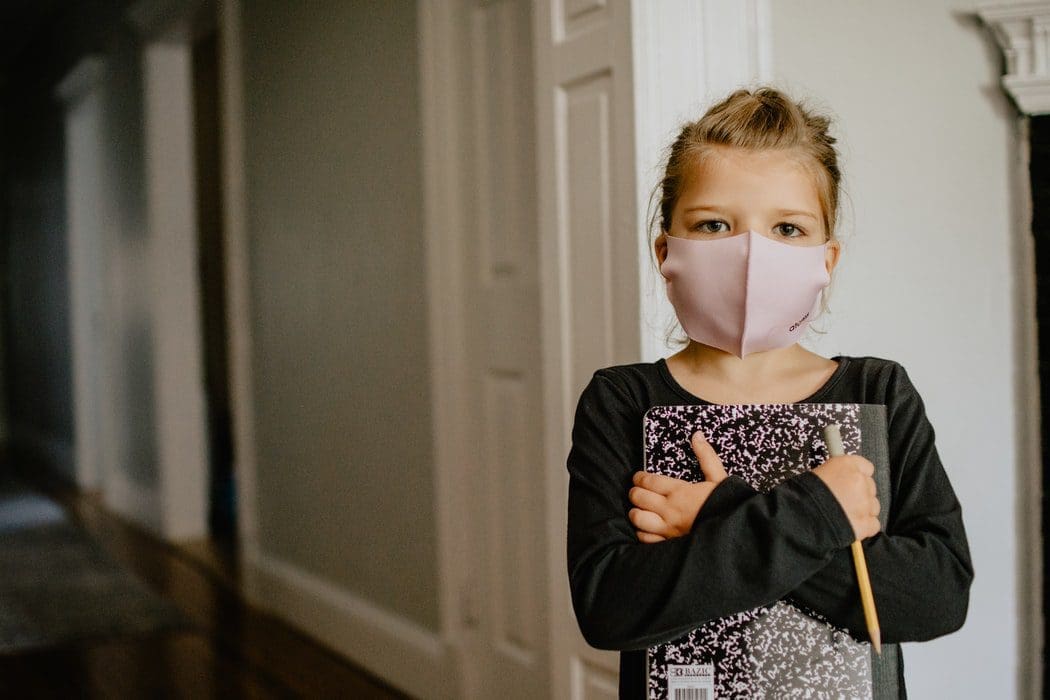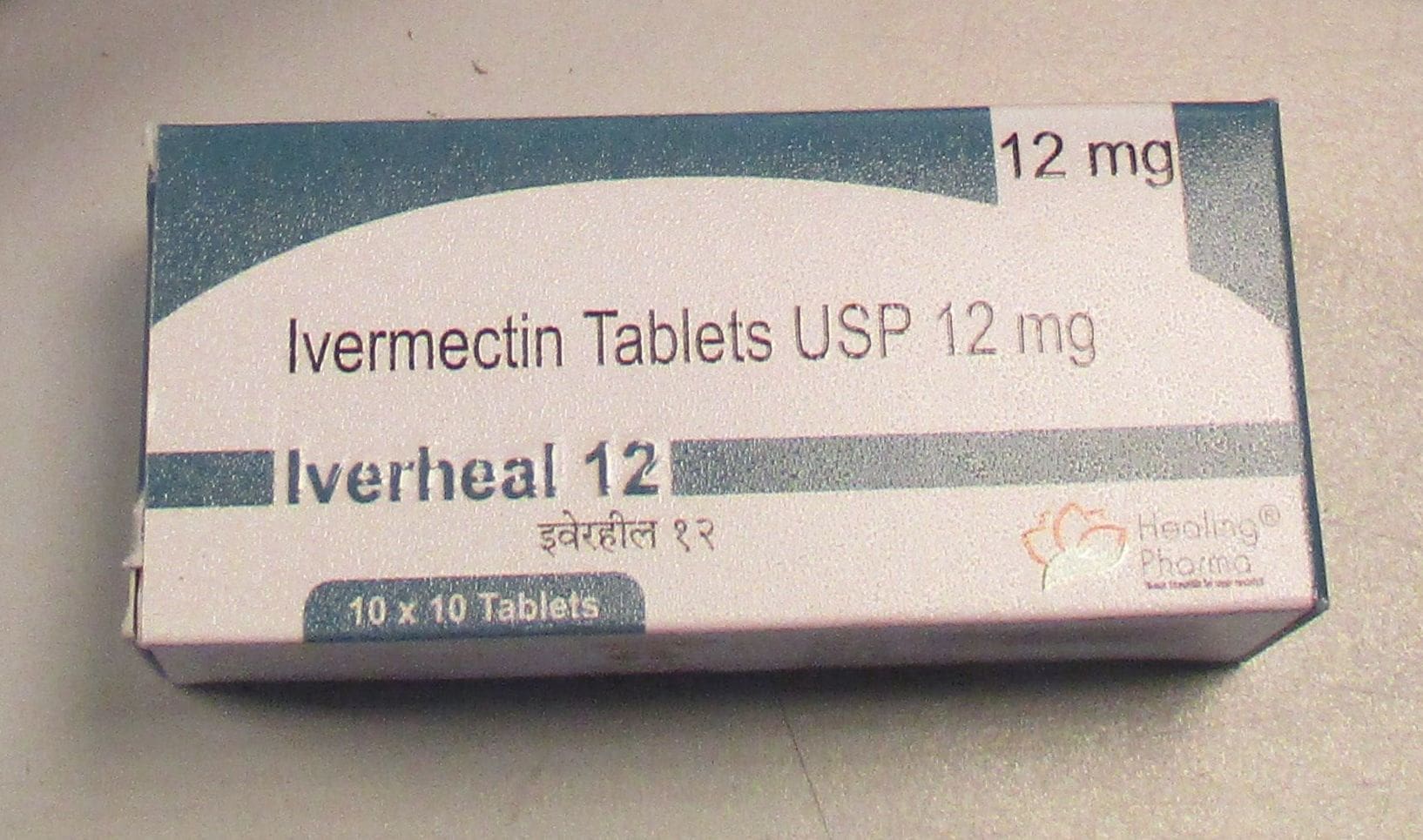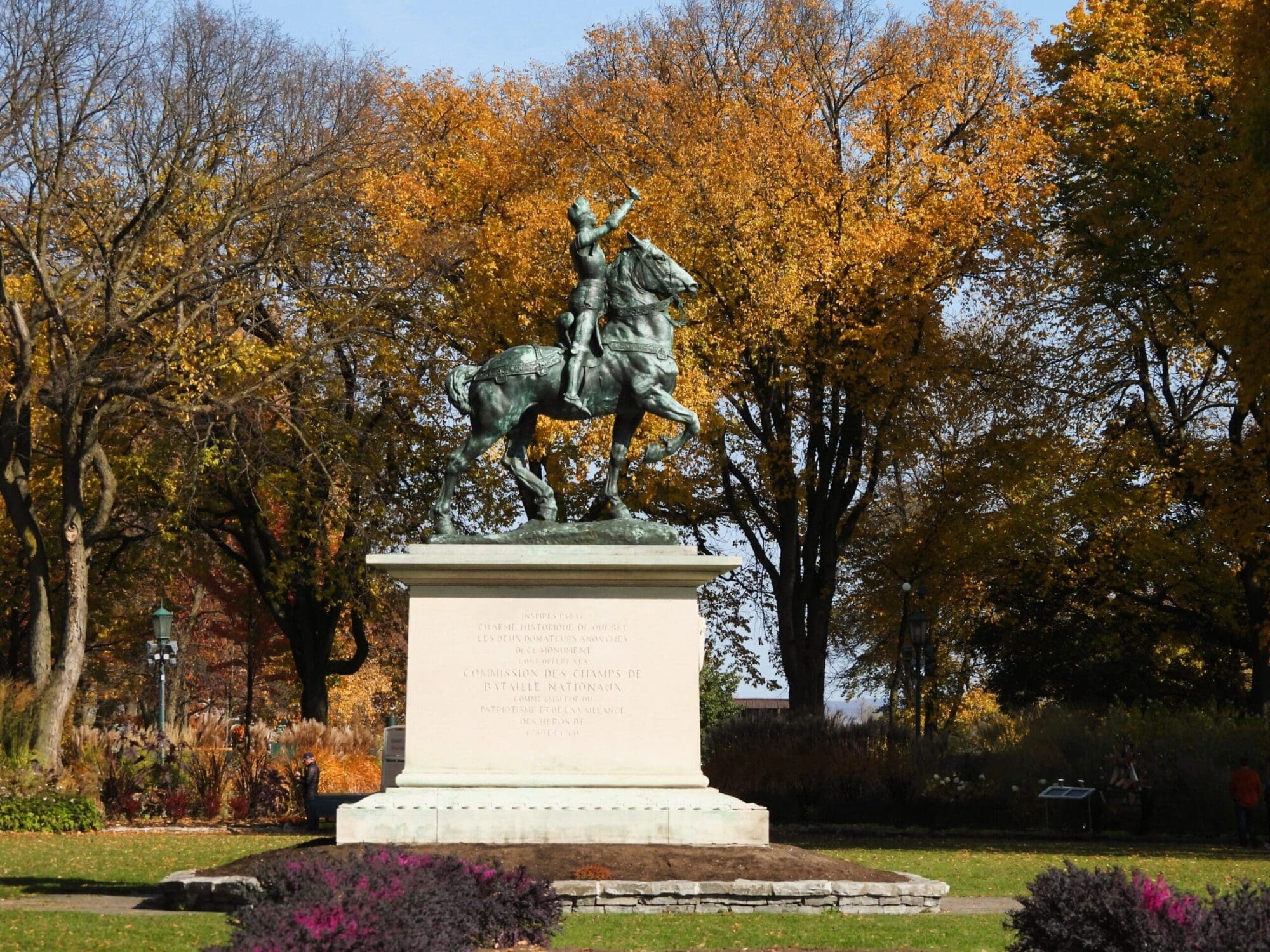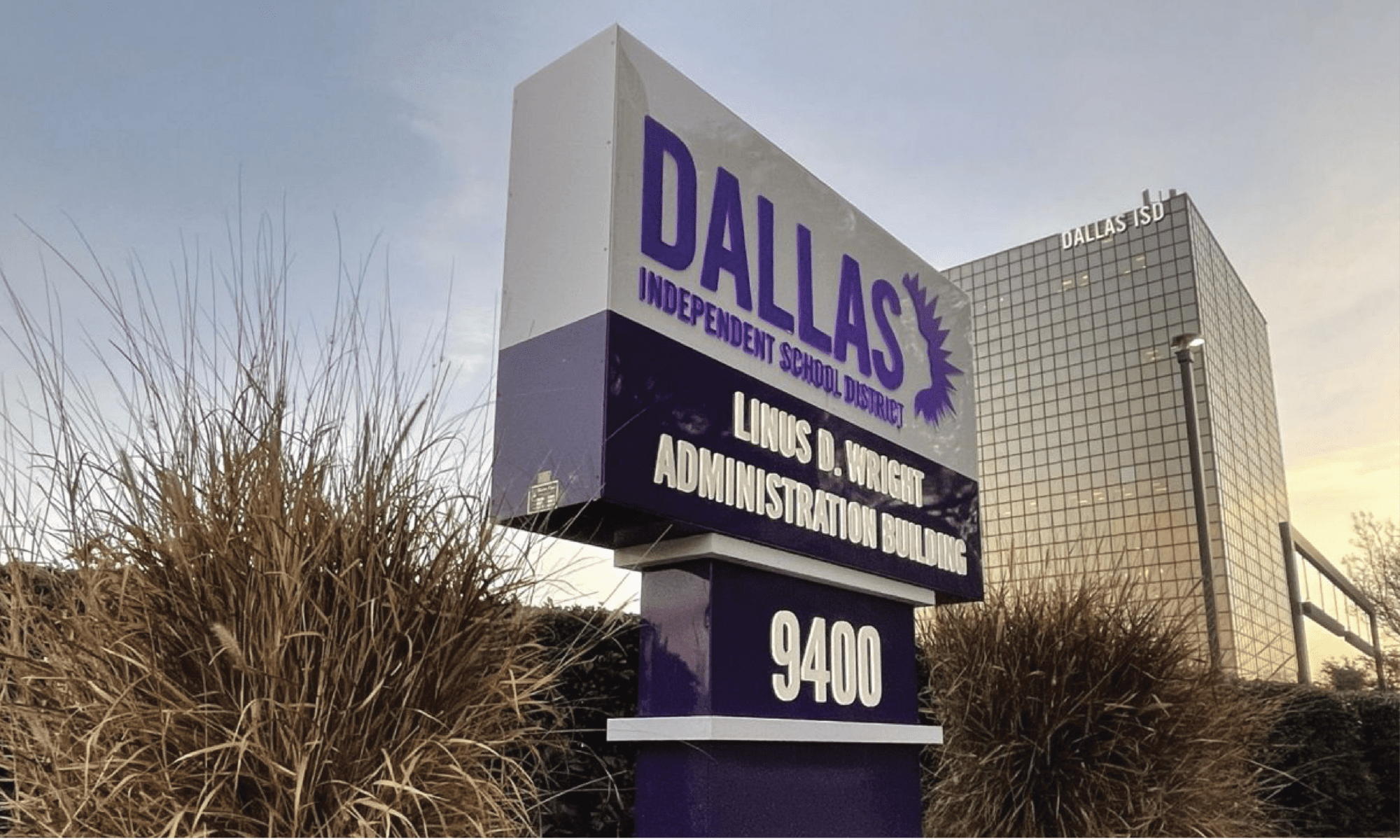On Tuesday, the Centers for Disease Control & Prevention issued new guidance in relation to COVID-19, reversing its previous policy from May, recommending fully vaccinated individuals and children wear masks indoors, including when they resume public school attendance in the fall.
The Texas Legislature Chose Not to Prevent Mask Mandates in 87th Legislative Session
Throughout 2020, several lawmakers expressed concerns with their lack of ability to stop lockdowns and mandates since the Legislature was not in session, effectively allowing Texas Gov. Greg Abbott the ability to create the effect of law via executive order in response to a pandemic.
When the Legislature finally did meet for 140 days this year, they left without addressing emergency powers much at all (including mask mandates), all but ensuring the continuation of controversy and confusion amongst Texans attempting to both comply and balance bureaucratic guidance, government mandates, and their everyday lives.
When the original version of the controversial Texas Pandemic Response Act or House Bill 3 was considered by the Texas House of Representatives during the 87th regular session, an amendment was offered by State Rep. Cody Vasut (R–Angleton) that would have prevented “the governor, the presiding officer of the governing body of a political subdivision, or any other state or local government official” from mandating the wearing of masks via an order during a declared state of pandemic disaster. Vasut went on to explain that if a mandate were to be made, it should be after its consideration by a deliberative body like the state Legislature.
When the amendment was first proposed, it passed without anyone taking issue with its consideration. A few moments later, the author of the overall bill, State Rep. Dustin Burrows (R–Lubbock), made a motion to reconsider the vote by which the amendment was considered, causing Vasut to again explain his amendment to the overall House.
Eventually, a vote was taken and announced as 71 in favor and 70 in opposition. As the vote was so close, a parliamentary process called a vote verification was requested and granted, whereby the House chief clerk and House sergeant-at-arms read through the names one by one to verify how each House lawmaker voted.
At the conclusion of that process, the final vote was 71-72, ultimately causing the amendment to fail and the House to reject a proposal to ban mask mandates aided by Republican lawmakers.
The Republicans who voted against the amendment were State Reps. Steve Allison (San Antonio), Travis Clardy (Nacogdoches), Drew Darby (San Angelo), Charlie Geren (Ft. Worth), Kyle Kacal (College Station), Lyle Larson (San Antonio), Four Price (Amarillo), and Jim Murphy (Houston), who is also the Chairman of the House Republican Caucus.
Another bill that would have precluded both the governor and local governments from being able to require mask-wearing was filed by Republican State Rep. Matt Schaefer (Tyler). It was never granted a hearing in the House State Affairs Committee during the regular session.
The Legislature also perpetuated bureaucratic standards in a bill seeking to provide liability protections for businesses, effectively granting them the effect of law.
One of Gov. Greg Abbott’s emergency legislative priorities during the regular session was COVID business liability protections. The bill that eventually passed the Legislature took the form of Senate Bill 6, authored by State Sen. Kelly Hancock (R–North Richland Hills). While the bill was being considered, former State Rep. Matt Rinaldi—now Texas GOP chairman—opined that the bill “exposes Texas business owners to civil liability if they do not adhere to draconian government pandemic guidance from unelected health bureaucrats.” Language in the bill specifically states that the bill protects businesses unless they “knowingly failed to implement or comply with government-promulgated standards, guidance, or protocols intended to lower the likelihood of exposure to the disease.”
The bill went on to pass the House by a vote of 133-10 and the Senate by a vote of 30-1. Abbott signed it into law on June 14, 2021, to immediate effect.
Rinaldi has now encouraged citizens to “not follow the new CDC recommendations,” He added, “They are not based in science or good policy. Live your lives.”
Abbott Says No More Mask Mandates Even Though He Mandated Them in the Past
In response to the reversal of CDC guidance, Abbott said:
The time for government mask mandates is over—now is the time for personal responsibility. In May, I signed an executive order prohibiting mask mandates by government entities. Every Texan has the right to choose whether they will wear a mask or have their children wear masks.
The executive order he alluded to was issued on May 18, and it included prohibiting school districts from mandating the wearing of masks.
Of course, all of this runs opposite to the mask mandates he imposed on Texans just a few months prior, before issuing an executive order lifting them on March 2. Abbott himself ordered Texans to wear masks in public areas on July 2, 2020. He banned certain outdoor gatherings of more than 10 people unless approved by local officials. The threshold had previously been set at 100.
What Does it All Mean?
Notably, Abbott did not add the issue of mask mandates or emergency powers reform to the ongoing special session agenda for the Legislature to consider.
With the fall semester of public school set to start in just a few weeks, the absence of action by the Legislature on things like emergency powers reform, the prohibition of mask mandates, and leaving businesses open to complying with unelected bureaucratic guidelines almost assuredly means massive confusion for the foreseeable future for everyday Texans. It also has left them reliant on Abbott to not reverse his executive order prohibiting things like mask mandates.





